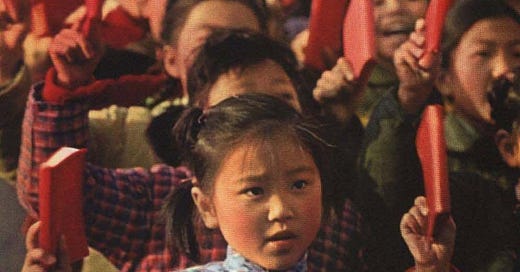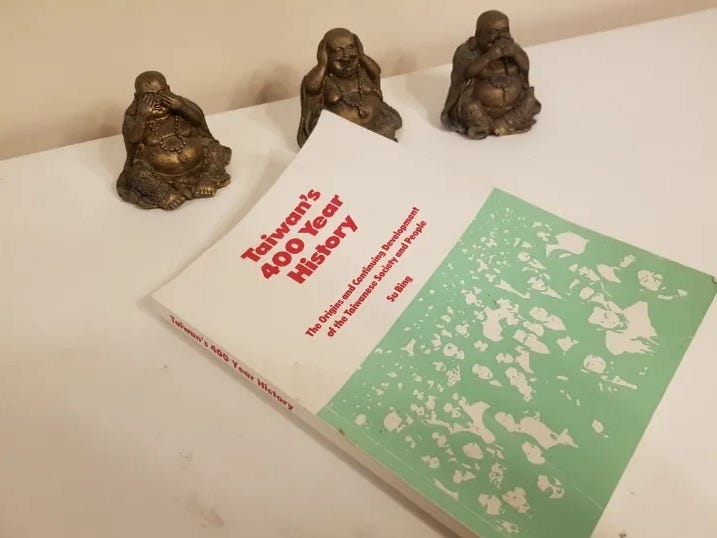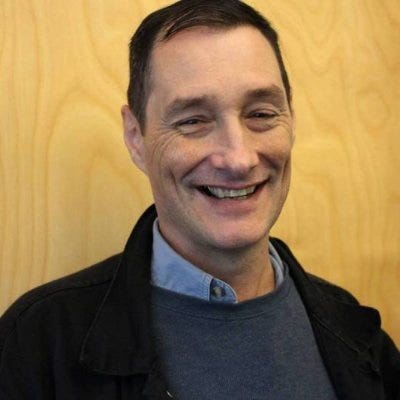B.C. Conservatives must come clean on whether they support banning books in public school classrooms in Richmond
Richmond-Bridgeport independent candidate Charlie Smith points out why this issue will strike a nerve with some immigrants from China and Taiwan
People who’ve immigrated from China and Taiwan need no reminder of the horrors of book banning.
Chairman Mao Zedong ruled China with an iron fist (铁拳) from 1949 to 1976—and he foisted his quotations on virtually everyone. The Communist Party of China set an audacious goal of having 99 percent of the population read Mao’s Little Red Book.
At the same time, scores upon scores of other books were prohibited. In addition to the banning of western literature, books by Chinese leftists such as Hu Feng (胡风) and Ba Jin (李尧棠) were burned.
“Every town in China should establish a museum about the Cultural Revolution,” Ba Jin famously said in the aftermath of this anti-intellectual frenzy lasting from 1966 to 1976.
Meanwhile in the White Terror period in Taiwan under another dictator, Chiang Kai-shek, many books were also banned. They included works that addressed the February 28, 1947 massacre and the Japanese colonial period from 1895 to 1945.
Su Bing’s landmark 400 Year History of Taiwan was also banned. Under martial law, the Kuomintang government also prohibited distribution of Lu Xun’s (魯迅) The True Story of Ah-Q (阿Q正傳), Jin Yong’s (金庸) Legends of the Condor Heroes (射鵰英雄傳), and Lao She’s (老社) Rickshaw Boy (駱駝祥子), according to the Taipei Times.
B.C. Conservatives want to remove classroom material
I mention this to reinforce why the B.C. Conservatives are facing a backlash against their education platform.
In an October 14 news release, the B.C. Conservatives declared their opposition to “introducing ideological programs into classrooms that erode from core learning.”
The party stated: “Remove classroom material that instills guilt based on ethnicity, nationality, or religion, focusing instead on uplifting students and helping them thrive.”
What does that mean, anyway? Does it restrict teachers from educating students about the Chinese head tax from 1885 to 1923 or the incarceration of Japanese Canadians in the Second World War? How will it influence education about Indian residential schools, which existed for more than a century?
Remove classroom material? It sounds to me like government censorship of education. This will strike a nerve for anyone who has moved to Richmond to escape dictatorship.
Far-right extremists have a long history of prohibiting books in the United States. More than 1,600 books were banned in U.S. school libraries in the 2021-22 school year. Censoring books undermines education. Furthermore, censorship makes it more difficult for children to succeed once they reach university.
I’m running as an independent candidate in Richmond-Bridgeport against a Conservative incumbent, Teresa Wat. If elected, I will fight any attempt by any B.C. Conservative MLA to ban books in schools.
I urge Teresa Wat to repudiate her party’s statement that it would “remove classroom material that instills guilt based on ethnicity, nationality, or religion”.
Professional educators must be free to choose learning materials based on broader goals outlined in the provincial curriculum. There’s no place for CPC- or KMT-style brainwashing in Richmond public schools.





